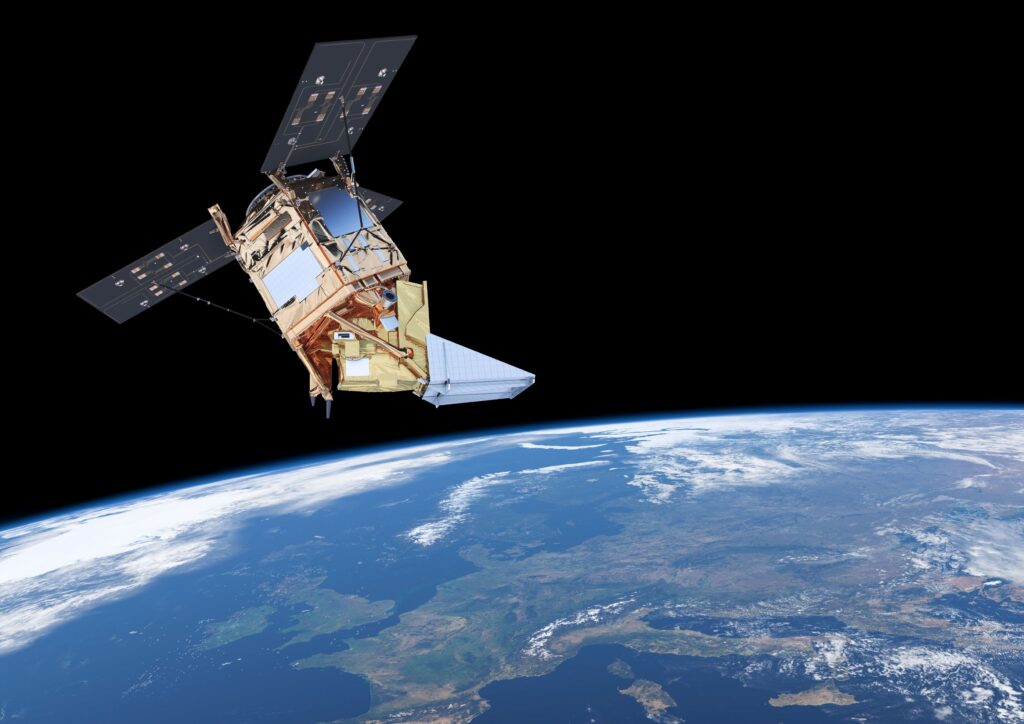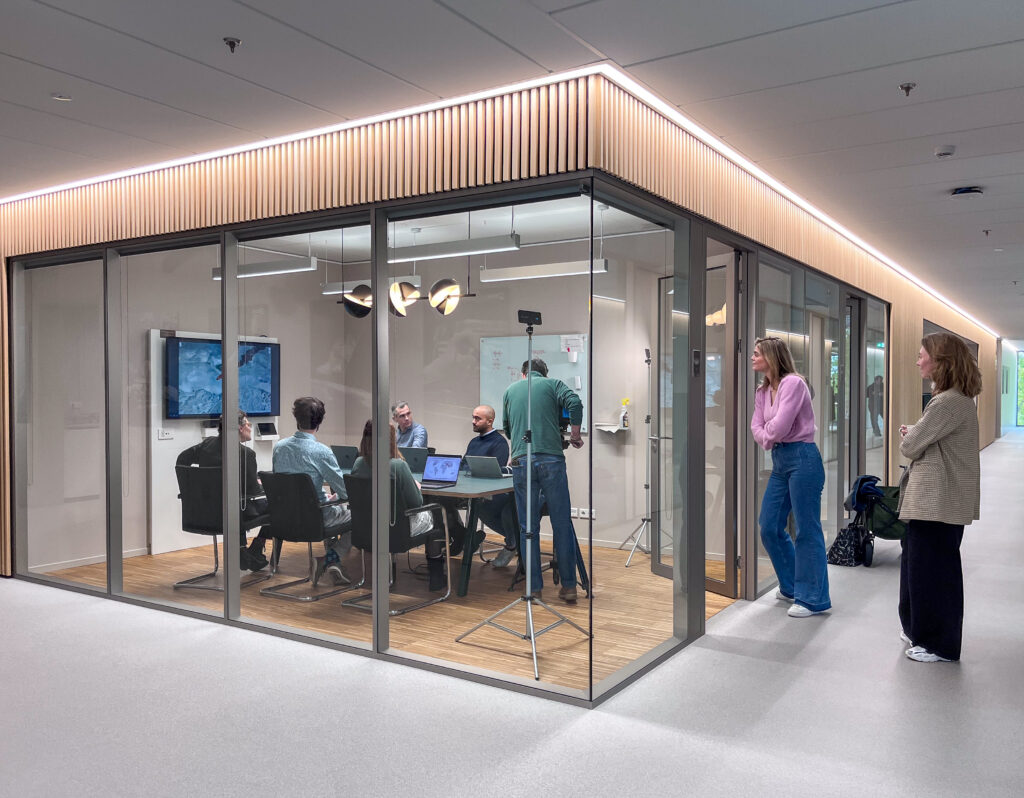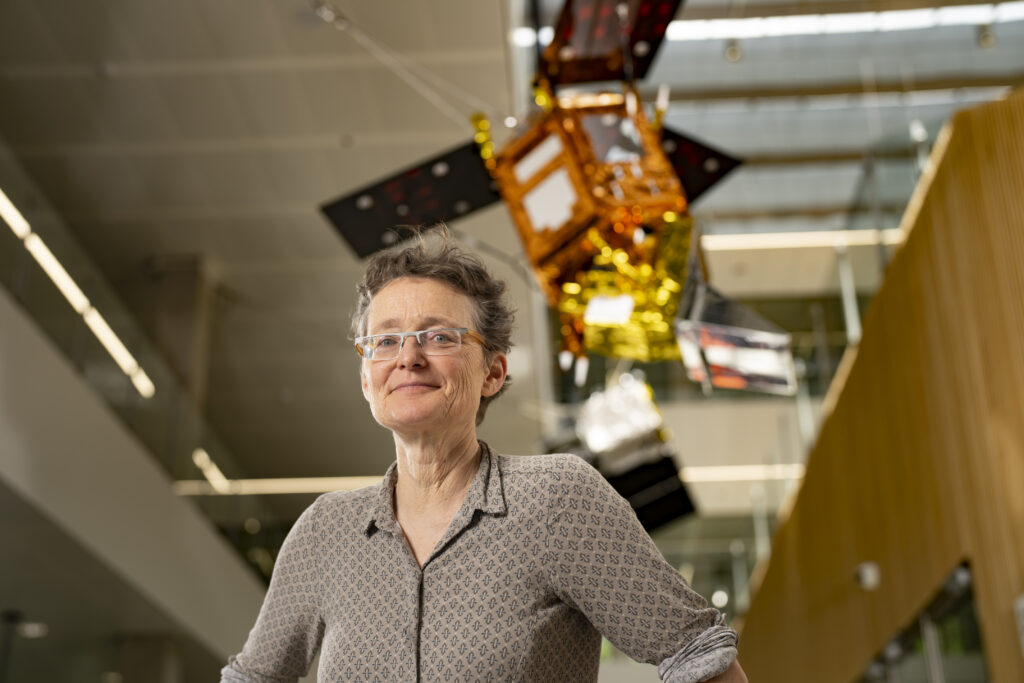This year, NWO awards one of its two Stevin Prizes to Prof. Ilse Aben (SRON/VU) for the societal impact she has achieved with the Dutch space instrument TROPOMI. At SRON, Aben leads the TROPOMI team that weekly publishes a world map of major methane leaks. These leaks have a combined climate impact twice as large as the total greenhouse gas emissions of The Netherlands. Projects by the United Nations and the European Union, among others, use this data to close the leaks through diplomatic channels. The Stevin Prize is the highest Dutch award for the application of knowledge for society and amounts to 1.5 million euros for research.
TROPOMI
TROPOMI stands for TROPOspheric Monitoring Instrument. It is an advanced satellite instrument for climate and air quality research that was developed in The Netherlands. It was launched in October 2017 on board ESA’s Sentinel-5p satellite. TROPOMI continuously scans the Earth for methane leaks, among other things. The instrument measures concentrations of greenhouse gases and air pollution down to city level. Aben and her team convert the collected data into information about methane leaks, but also about emissions of harmful substances such as carbon monoxide.

UN programmes
Aben’s work plays a central role in various UN programmes aimed at reducing methane emissions worldwide. Her team has already located countless methane leaks in the oil and gas industry, coal mines and landfills. They have helped to fix a number of them, for example in oil fields in Central Asia and North Africa. With their insights, they have made a decisive contribution to the formulation of international climate agreements, such as the Global Methane Pledge. This international initiative has now been signed by 158 countries and aims to reduce methane emissions by at least 30 per cent by 2030. Methane is responsible for one third of global warming.
Dutch school of atmospheric research
Aben leads the TROPOMI methane team at SRON and is professor by special appointment at VU. She has supervised dozens of PhD students and postdocs and established what is internationally known as the “Dutch school of atmospheric research”, a network of research institutes and universities. She has also been involved in various public-private partnerships for the development of new, even more accurate measuring instruments. In this context, the TANGO satellite is currently being developed in The Netherlands.

public and policymakers
Aben also makes an impact by actively seeking contact with the public and policymakers. She regularly appears in the media — from the NOS Journaal to the New York Times — to highlight the importance of methane reduction. She has also been a speaker at various COP climate summits.
‘The Netherlands punches above its weight in global efforts in satellite-based greenhouse gas detection, and that is largely thanks to the work of Ilse Aben,’ according the Stevin selection committee.



